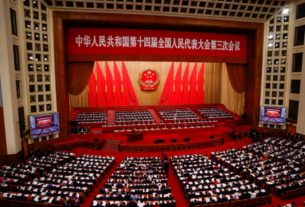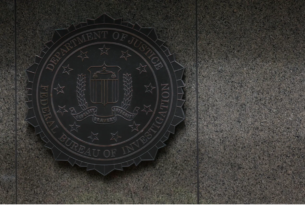The trial of former South Korean Defence Minister Song Young-moo began this week, attracting significant attention due to the contentious allegations related to his time in office. The case focuses on claims that Song was involved in creating plans to impose martial law during a period of intense political unrest in 2017.
Background of the Case
The allegations arise from the chaotic political environment following the impeachment of former President Park Geun-hye. During this time, South Korea was engulfed in widespread protests and political instability. The prosecution contends that Song, along with other military officials, formulated a plan to enforce martial law as a precautionary measure, which could have severely restricted democratic freedoms.
Prosecutors maintain that the martial law plan was not merely a theoretical concept. They assert it included specific scenarios for deploying military forces to quell protests and manage the National Assembly. If carried out, these actions would have constituted a significant violation of South Korea’s democratic principles.
Song has repeatedly denied the allegations, claiming that the discussions were purely hypothetical and never intended for implementation. He argues that his actions were motivated by a desire to uphold national security and stability during a time of extraordinary political turmoil.
Key Developments in the Trial
During the trial’s opening session, prosecutors presented evidence that allegedly implicates Song in the drafting and approval of the martial law plans. Documents reportedly signed by him have been introduced, along with testimonies from military officials who were involved in the discussions.
In response, Song’s defence team has challenged the reliability of the evidence and questioned the motives of the prosecution. They contend that the plans were part of standard contingency planning and were never intended to compromise the democratic process.
The trial has brought to light the involvement of other senior officials in the alleged scheme, with some arguing that Song is being unfairly singled out as the main offender.
Public and Political Reactions
This case has ignited a passionate discussion in South Korea, mirroring the country’s ongoing confrontation with its authoritarian past. Critics of Song have voiced their anger, perceiving the supposed martial law plans as a clear attempt to undermine democratic freedoms.
On the other hand, some supporters claim that the prosecution’s actions are politically driven and lack solid evidence. They argue that contingency planning is a routine procedure for military leaders, especially during times of national emergency.
Political analysts emphasize that the trial represents a crucial test of South Korea’s dedication to transparency and accountability. “This case transcends the individual. It’s about affirming that no one is above the law, no matter their rank or intentions,” stated Professor Kim Ji-hoon, a political science expert at Seoul National University.
Implications for South Korea’s Democracy
The outcome of the trial is anticipated to have significant repercussions for South Korea’s political and military frameworks. If found guilty, Song could face harsh legal penalties, establishing a precedent for how the nation deals with claims of power misuse.
Additionally, the case highlights the necessity for clear distinctions between civilian and military authority in a democratic context. Observers are hopeful that the trial will act as a springboard for reforms aimed at reinforcing these distinctions and promoting greater accountability.
Looking Ahead
As the trial progresses, it is expected to capture media attention and fuel ongoing discussions about South Korea’s democratic development. The court’s ruling will be closely monitored, not just for its implications for Song’s future but also for the broader message it conveys about the rule of law in South Korea.
Although the outcome is still unknown, this trial marks a crucial point in the country’s journey to address its history and create a stronger democratic future.




